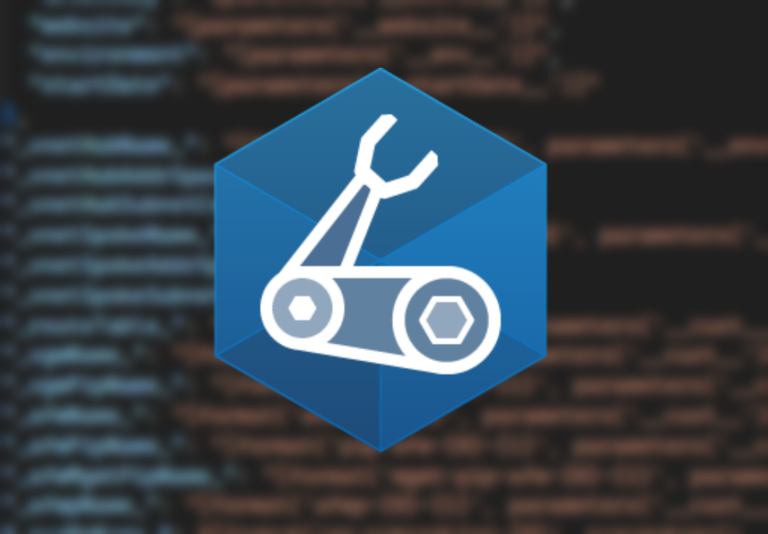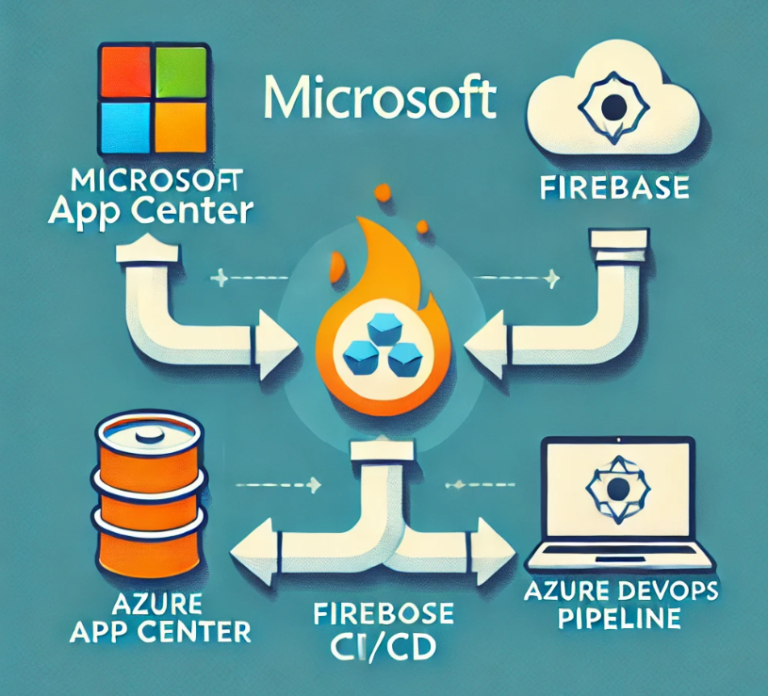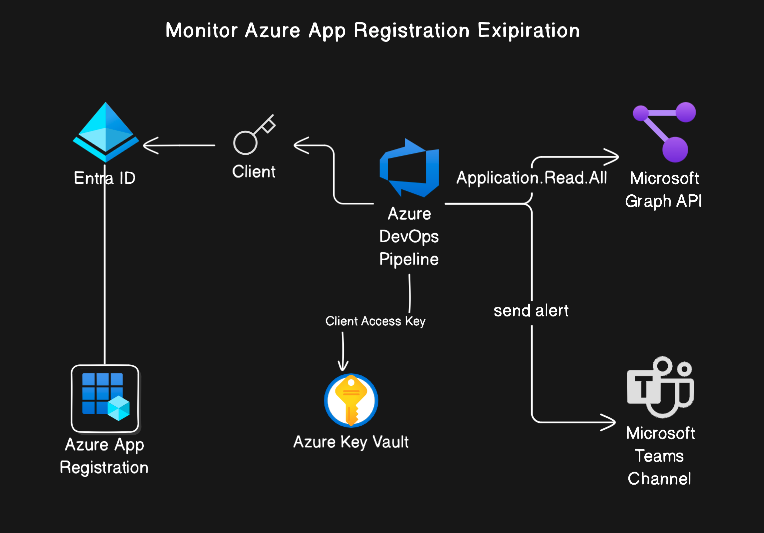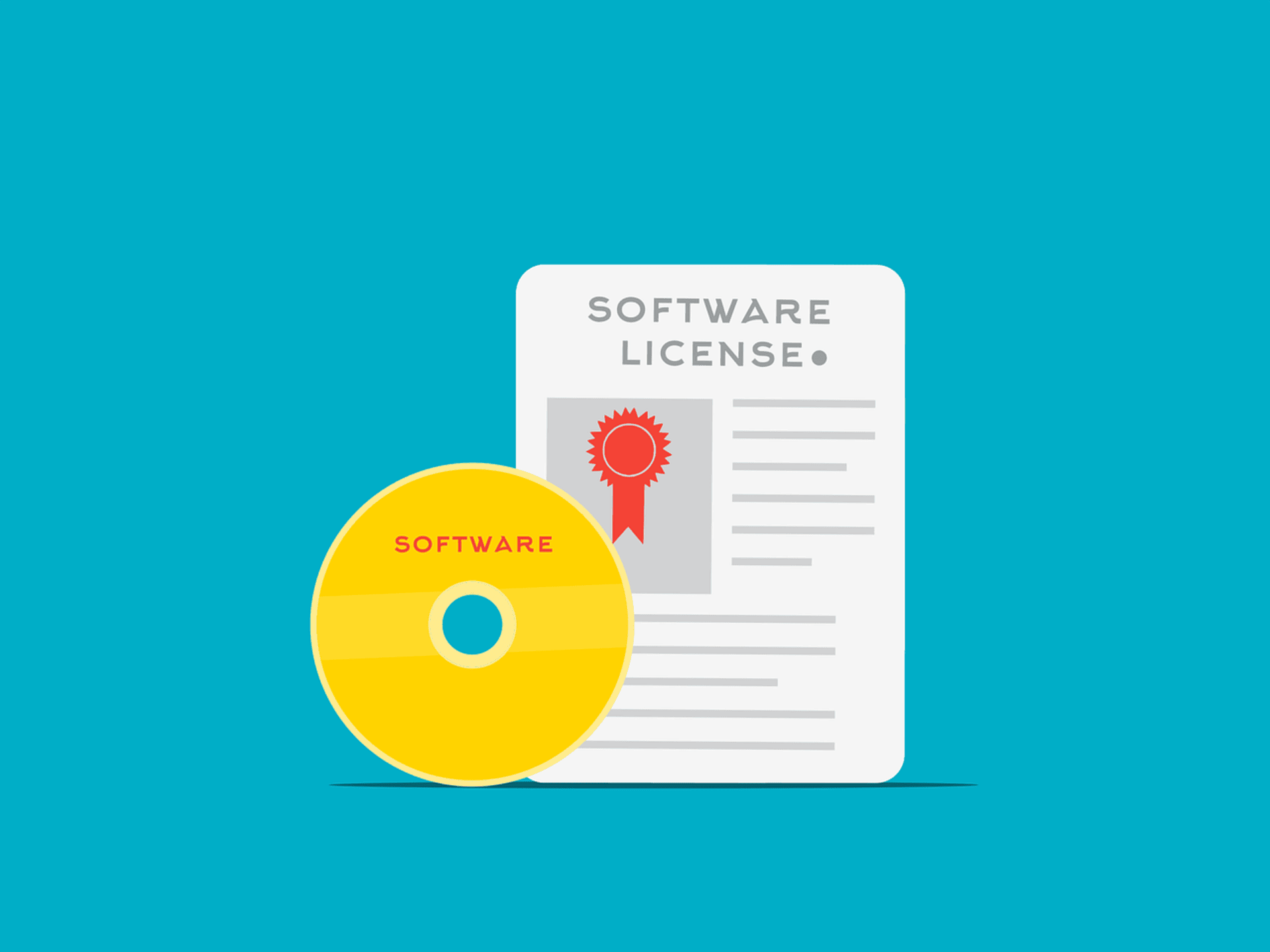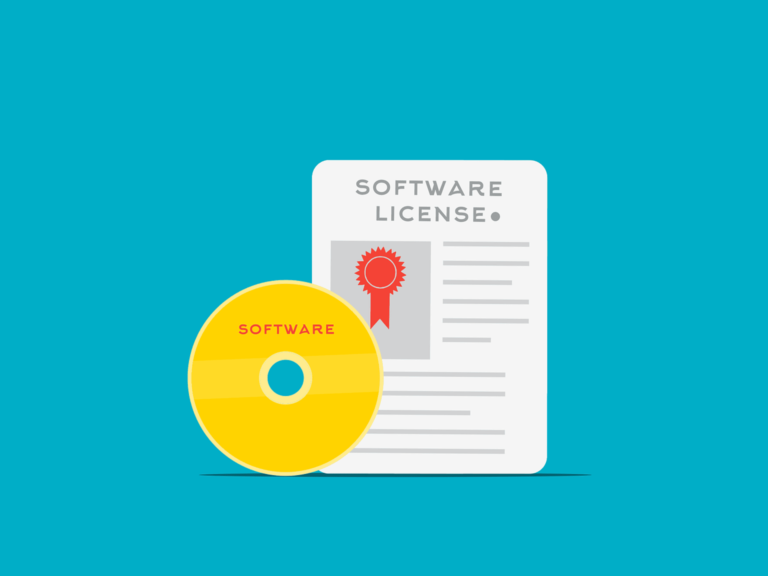
Understanding Software Licensing
Software licensing is a complex but essential aspect of software development. This blog post will explore different types of software licenses including
-
- Open source licenses
- Permissive licenses
- Copyleft licenses
and discuss when to use one over the other.
Open Source, Permissive, and Copyleft Licenses
There are many types of software licenses that developers should be aware of.
Open source licenses allow anyone to view and modify the source code, and are often used to foster collaboration and transparency.
Permissive licenses, such as the MIT License and Apache License 2.0, allow users to do almost anything with the software, including using it in proprietary software. So you can do anything with the code as long as you include the original copyright notice and a disclaimer.
Copyleft licenses, such as the GNU General Public License (GPL), aim to preserve the freedom of users to use, modify, and distribute software. They require that any modifications to the software also be distributed under the same license. This is often used to prevent the software from being incorporated into proprietary software.
Popular Software Licenses
The MIT License is a simple, permissive license that is widely used in the software community. It allows users to do anything with the software, as long as they include the original copyright and license notice in any copies or substantial portions of the software.
The Apache License 2.0, another permissive license, is also widely used. It allows users to do anything with the software, but also provides an express grant of patent rights from contributors to users.
The Mozilla Public License is a copyleft license that allows users to use, modify, and distribute the software, but requires that any modifications be distributed under the same license.
Choosing the Right License
Choosing the right license depends on your goals for your software. If you want to encourage collaboration and transparency, an open source license might be the best choice. If you want to allow users to do almost anything with your software, including using it in proprietary software, a permissive license like the MIT License or Apache License 2.0 could be a good fit. If you want to preserve the freedom of users to use, modify, and distribute your software, a copyleft license like the Mozilla Public License could be the right choice.
In conclusion, understanding software licensing is essential for any software developer. By understanding the differences between open source, permissive, and copyleft licenses, you can make an informed decision about how to license your software.
Top open source Licenses - Cheat Sheet for compliance
| License | Type | Avoid Risk | Compliance |
|---|---|---|---|
| GNU General Public License (GPL) | Copyleft | Ensure that modifications or derivatives are also released under the GPL license. | Include a copy of the GPL license with the software distribution, provide access to the source code, and retain copyright notices. |
| MIT License | Permissive | Ensure copyright and license notices are included in all copies or substantial portions of the software. | Retain the original copyright notice and include a copy of the license in the software distribution. |
| Apache License 2.0 | Permissive | Be aware of patent and trademark clauses. Ensure modifications do not infringe upon any patents. | Include a copy of the Apache License with the software distribution, retain notices and disclaimers, and clearly indicate any changes made to the original code. |
| BSD Licenses (2-clause, 3-clause, 4-clause) | Permissive | Be cautious with the 4-clause BSD license due to its advertising clause. | Include license text and copyright notice in the distribution. For the 4-clause BSD license, ensure compliance with the advertising clause. |
| Mozilla Public License (MPL) | Copyleft | Understand copyleft provisions. Ensure modifications are released under the MPL. | Include a copy of the MPL with the software distribution, make source code available for MPL-licensed components, and document any changes made to MPL-licensed code. |
| Creative Commons Licenses | Permissive | Ensure proper attribution and comply with license terms. | Clearly attribute the original work, indicate modifications, and provide a link to the license. |
| Unlicense/Public Domain Dedication | Permissive | Understand that releasing software under these licenses waives all copyright and related rights. | Clearly indicate the chosen license or public domain dedication. Ensure compatibility of third-party dependencies with permissive licensing. |
